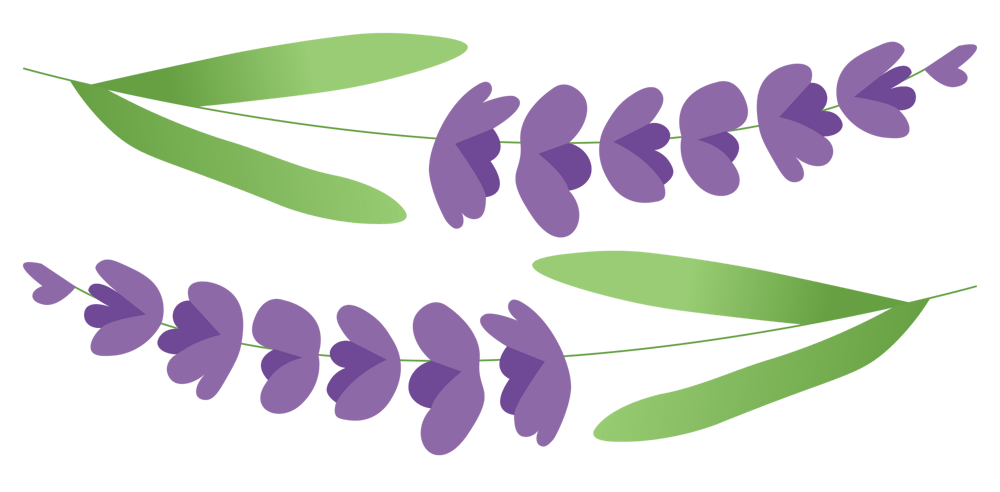Editor’s Note: The information contained here is not intended to usurp medical advice from a professional practitioner.
Herbs, spices, roots and other plants started modern-day medicine, and they are still beneficial and used today. These five plants and remedies listed below can help you feel better when you feel a little under the weather.
Ginger
Ginger, a root from southeast Asia, has many different health benefits, according to Johns Hopkins Medicine. The most known benefit is that it helps with nausea, but on top of that, it can help with digestion, bloating and gas, cell health and inflammation. Ginger can be used ground, dried or fresh. One way to consume it is through ginger tea, which you can make with boiling water and your chosen form of ginger, and add lemon juice and honey for flavor.

Turmeric
A relative to ginger, turmeric is known for its ability to help with pain, according to Johns Hopkins Medicine. Johns Hopkins also states the other benefits of it are helping with inflammation, degenerative eye conditions, Metabolic Syndrome, Arthritis, blood cholesterol, anxiety, muscle soreness and kidney health. Besides incorporating turmeric in one’s everyday meals and spices, it can also be consumed as a tea as well. Supplements aren’t recommended due to the body having difficulty absorbing it, resulting in kidney stones.
Lavender
Lavender and lavender essential oil has a history with aromatherapy and reducing anxiety, as well as having anti-inflammation properties, reducing pain and antioxidant properties, according to a National Library of Medicine study. Healthline suggests drinking lavender tea or simply smelling the plant or the essential oil. AnotherNational Library of Medicine study showed lavender oil combined with sage, rose and clary oil can help reduce menstrual cramps.
Honey
A popular natural sweetener, honey has a long history in traditional medicine due to its protection from fungus, bacteria and viruses, anti-inflammation, antimicrobial, and antioxidant properties, according to a National Library of Medicine study. In the past, honey was used to treat wounds. In the same study, it mentions evidence of honey being able to help with cancer treatment. The Farmer’s Almanac suggests using honey to help with coughs, sleeping, dandruff and insect bites, among other treatments.

Onion
Onion has anti-inflammatory and antioxidant properties, as well as being beneficial to the immune system, according to a National Library of Medicine study. Long-term consumption of onion can help prevent vascular and heart disease, neurodegenerative disorders — like Alzheimer’s Disease — and cataracts. Onions have been used to help treat earaches, bruises, jaundice and pimples. To help with earaches, the onion can be used as a hot compress or as a poultice. Just boil the onion in 450-degree Fahrenheit water for 15 minutes, and then you can either wrap half an onion in a towel and put it on the ear, or juice the onion to use as drops, according to Everyday Health.
Contact Hannah Amos with comments at hannah.amos@bsu.edu or on X @Hannah_Amos_394.





